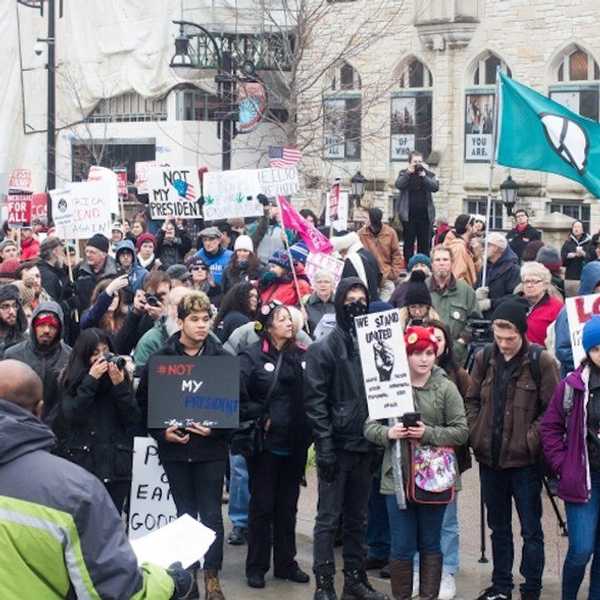The government shutdown that lasted just 69 hours, starting on the eve marking the first year of the Trump presidency, seems to have been postponed rather than truly ended. The initial shutdown, which was caused mainly by the President's unwillingness to sign a bipartisan deal concerning immigration, resolved itself without an actual deal being reached for DACA recipients. However, the shutdown seemingly did not come to an end. An impending second shutdown will likely revolve around the very same issues, this time also including military spending.
According to Business Insider:
“The two parties have just 15 days, until February 8, to resolve the differences over immigration, defense funding, and social programs that helped prompt the shutdown last weekend. And the chances of avoiding a second shutdown already look grim.”
The deal that ended the initial shutdown proved a loss for Democrats who essentially agreed to provide government funding, without first addressing the policy decision on young undocumented immigrants or DACA recipients.
The New York Times reported the following:
“A key part of the deal, a pledge by Senator Mitch McConnell, Republican of Kentucky and the majority leader, to allow an immigration vote in the coming weeks, sets the stage for a battle over the so-called Dreamers, young undocumented immigrants who were brought to the United States illegally as children.”
At the very least, they were able to negotiate the extension of funding for the Children's Health Insurance Program for at least six more years. With each party accusing the other of holding something or another hostage for the sake of something else, the deal only subverted the shutdown for a little over 2 more weeks. The main issue that is sure to be the central focus in the second shutdown is the same as the one that caused the first shutdown, DACA.
Business Insider also noted:
“The key sticking point in the February shutdown negotiations won't be formulating a bill that is acceptable to most senators. Rather, it will come in finding a deal that both the House of Representatives and the White House support.”
The issue seems to be not whether Democrats and Republicans can reach a deal but whether President Trump will accept it, as was seen by the bipartisan deal that was proposed by GOP Sen. Lindsey Graham and Democratic Sen. Dick Durbin. It would have subverted the initial shutdown had Donald Trump not rejected the deal, after having earlier stated that he would accept any deal that the Democrats and Republicans could strike even if he did not like it.
Trump addressed the DACA program in a statement applauding the end of the shutdown:
"As I have always said, once the government is funded, my administration will work toward solving the problem of very unfair illegal immigration. We will make a long-term deal on immigration if, and only if, it is good for our country."
While DACA is one of the major issues, it is not the only one. Another major issue is funding for military and non-military programs, for which a compromise is difficult to reach. Bob Bryan for Business Insider states, "Reaching an agreement is harder than it sounds. Republicans want to bump military spending by twice as much as nondefense spending, while Democrats want those two sides to rise in equal measure." This issue may not be as hotly contested as the future of DACA, but it is still one that will require a lot of negotiation. At the end of the day, there is no knowing what position Donald Trump will end up taking.



















